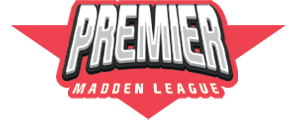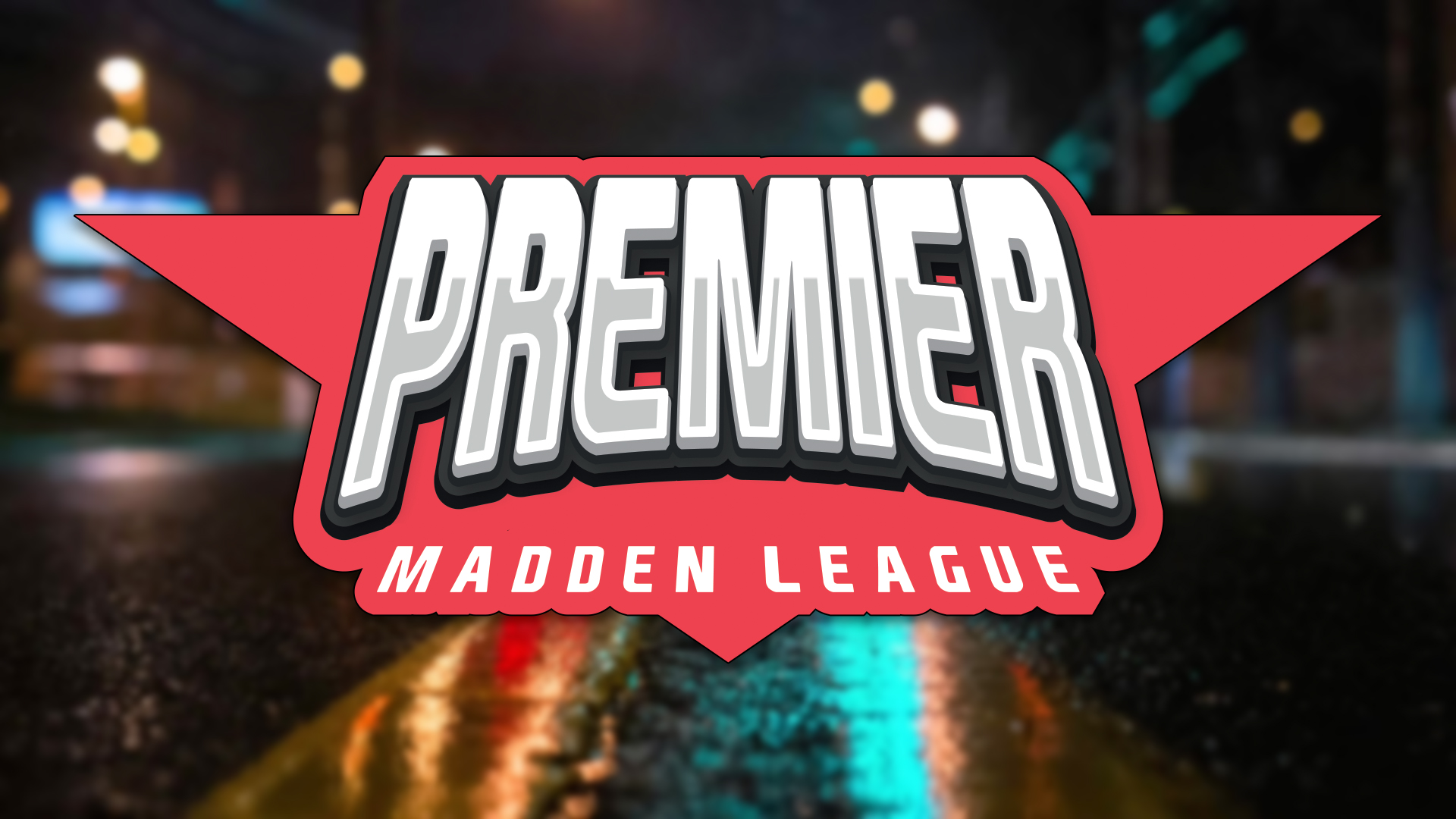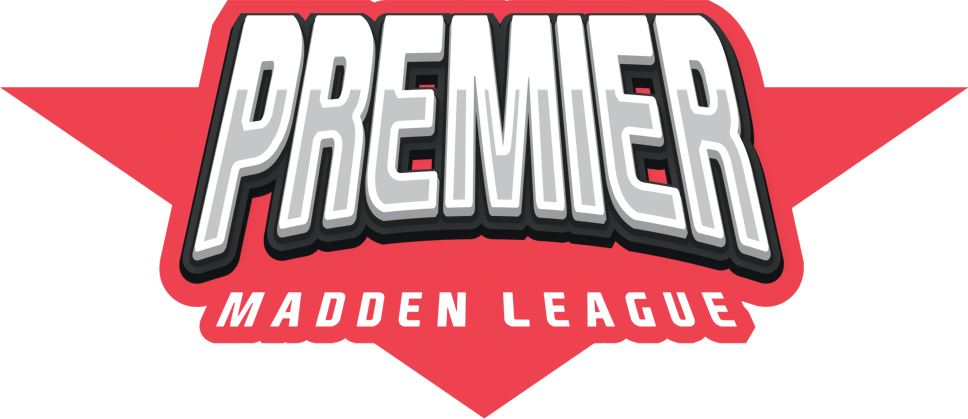Are you in the bottom half of defenses in PML? Do you struggle to stop opponents in the run, pass, and on third and fourth down? Well here is a couple simple tips to avoid committing such atrocities as going full games without forcing a punt, letting teams score 40 burgers, and having low sack and turnover numbers.
1. Match Personnel (For The Most Part)
In successful football defense, the strategic use of personnel matching plays a pivotal role. While it’s essential to match personnel in most situations, it’s not always necessary. Typically, matching personnel involves deploying the nickel or dime defense when your opponent deploys three or more wide receivers, ensuring that your defensive backs match up effectively with their targets. However, there are instances when deviation from this principle is justified. For example, on 3rd and 4th downs when the offense is likely to pass, it’s often wiser to prioritize pass-rushing and coverage over exact personnel matching. However, on 3rd and 4th down in short yardage situations, it’s crucial to be prepared for a run play, making personnel matching less critical. Additionally, when your team is backed up against its own goal line, preparing for the run takes precedence just like short yardage situations. The essence of personnel matching lies in effectively defending against your opponents’ wideouts, tight ends, and running backs by aligning your defenders with the right mix of size and speed to counter the threats presented. This will stop you from getting beat on mismatches that occur when you incorrectly don’t match.
2. Know Who You’re Playing
This point is a two in one: You have to know your opponents players and his scheme. A successful football defense hinges on a deep understanding of the opposing team and its key components. This knowledge extends beyond just knowing the star players who can potentially change the course of the game; it involves an in-depth awareness of their strengths, weaknesses, tendencies, and how they might influence the offensive strategy. Are their receivers fast or slow? Is their offensive line good or bad? Can their quarterback scramble? Equally important is the understanding of the opposing coach’s style and schemes. A shrewd defensive coordinator will study the opposing coach’s history, play-calling habits, and overall strategy to anticipate and counteract their moves. Being able to predict the opponent’s actions allows the defense to adjust and react effectively during the game, creating a robust and adaptable defensive game plan that increases the chances of success on the field. A personal example is my PML defense is much better than my Evolve defense since I don’t look at who’s good on opposing rosters in Evolve and many coaches are messing around with play styles they don’t normally use, myself included. Without knowing your opponent, your defense will suffer.
3. Good Tackling = Good Defense
In the realm of football defense, effective tackling is an absolute cornerstone of success. It’s the fundamental art of bringing down the opposing team’s ball carrier, and it must be executed with precision and determination, even if it means sacrificing potential forced fumbles. Tackling well involves not only wrapping up the ball carrier and preventing them from gaining yards but also ensuring they don’t break free for big gains. While forced fumbles can be game-changing, they often come at the risk of missed tackles or insufficient technique, potentially allowing the offense to exploit weaknesses in the defense. A solid tackling strategy prioritizes consistency and reliability, as it minimizes the opposition’s yardage gains and enhances overall defensive cohesion, ultimately contributing to a more successful defensive unit. There are times to go for fumbles, like when you have a gang tackle or NEED one, but most times make the smart play and secure the open field tackle to limit gains and force more punts.
4. Avert Expectations
If you want better defense, the key to success often lies in the ability to avert expectations. It’s not just about stopping the opposing team’s offense, but rather disrupting their well-laid plans and strategies. To do this, defenders must constantly keep their opponents guessing, mixing up their tactics and disguising their intentions. By being unpredictable, whether it’s through shifting formations, disguising blitzes, or creating turnovers, a defense can force the offense to react rather than dictate the game’s flow. Averting expectations keeps the opposing team off balance, limits their ability to execute, and ultimately contributes to a successful defense by ensuring that the game doesn’t unfold as the offense had envisioned. PML users are generally smart enough to identify obvious defenses and exploit them.
5. Don’t Be A Dummy
In successful football defense, it’s crucial not to “be a dummy.” Common sense plays a significant role in this context. While it’s essential to keep the opposing team guessing and avert their expectations, some teams take this strategy too far, which can backfire. The key lies in striking a balance between unpredictability and reliability. A well-disciplined defense needs to read the game, anticipate the opponent’s moves, and adapt to changing situations. It’s not about making random or reckless decisions; instead, it’s about smartly disrupting the opponent’s plans and maintaining a solid foundation of defensive principles. Being a “dummy” on the field, overly reliant on trickery without a strong understanding of the fundamentals, can lead to vulnerabilities that skilled opponents can exploit. In football defense, the right mix of strategy, adaptability, and common sense is essential for success. Don’t change too much from stock plays that are built to have everyone or every zone covered. Take calculated chances, not random risks.


